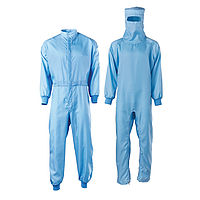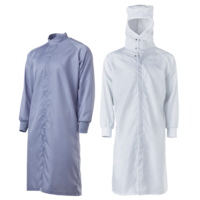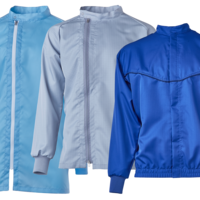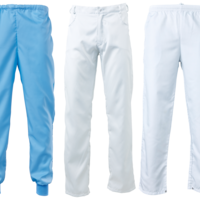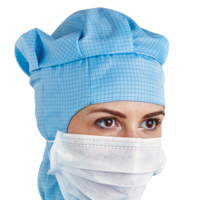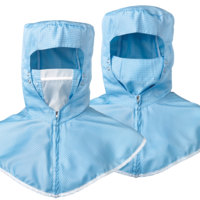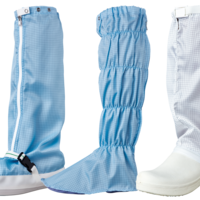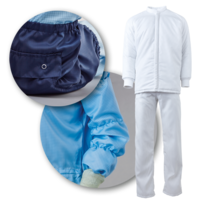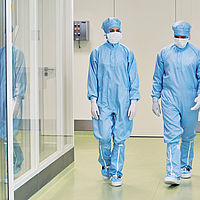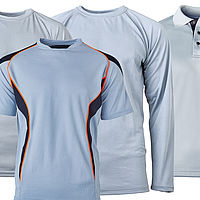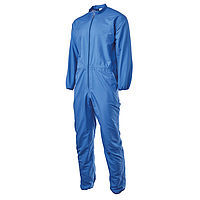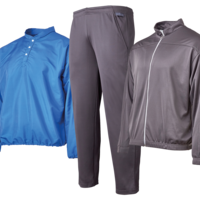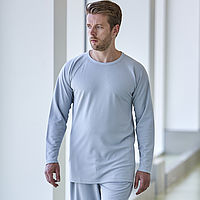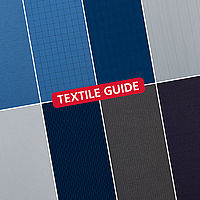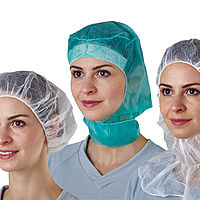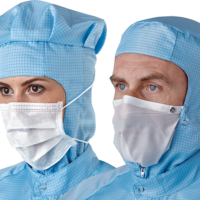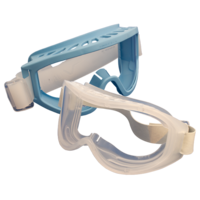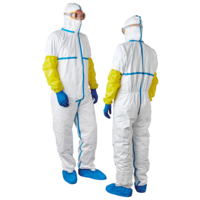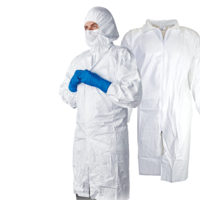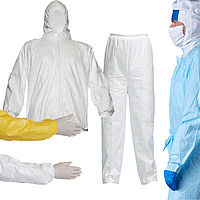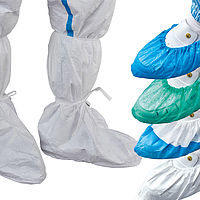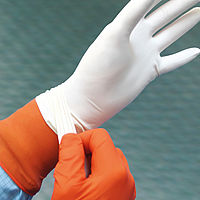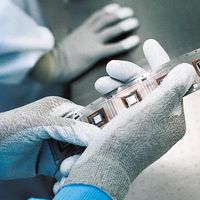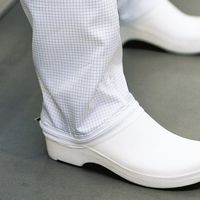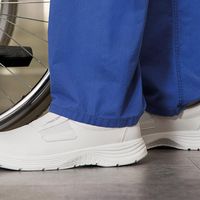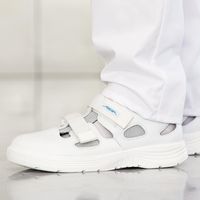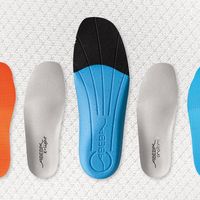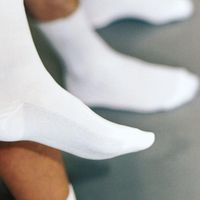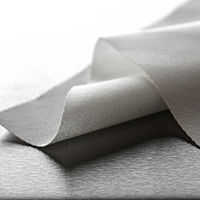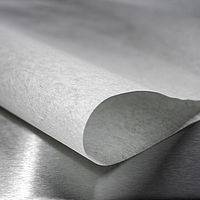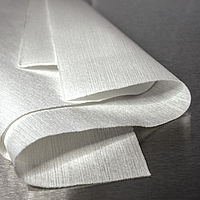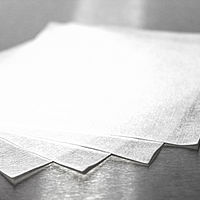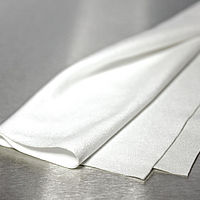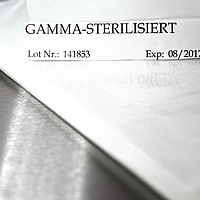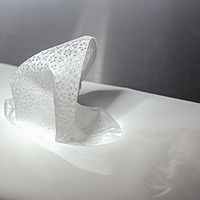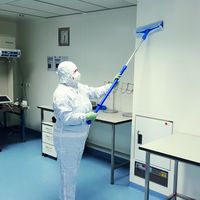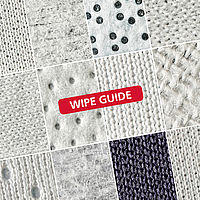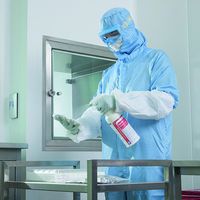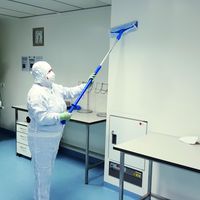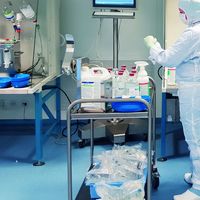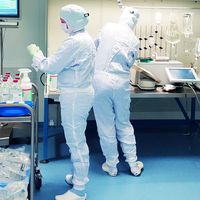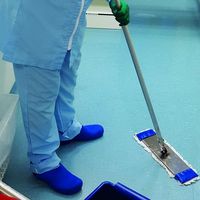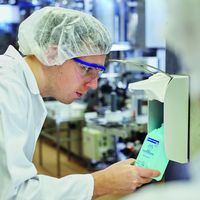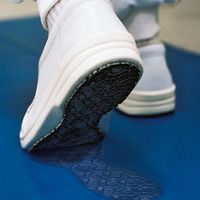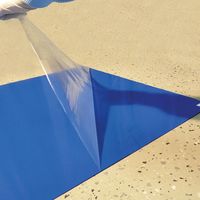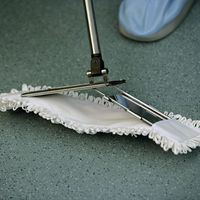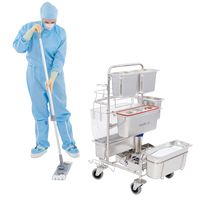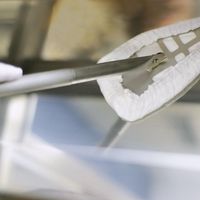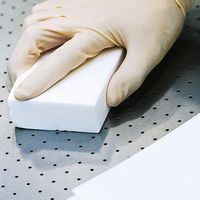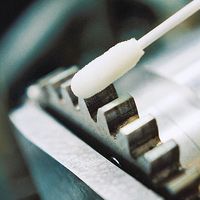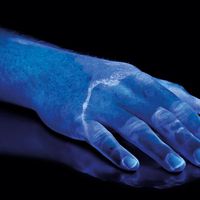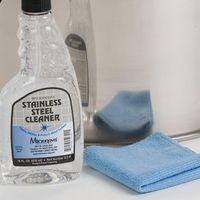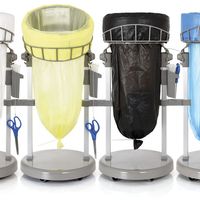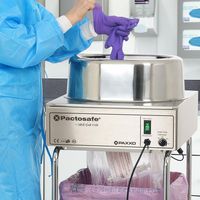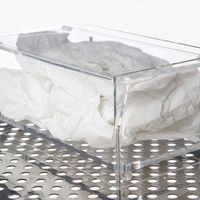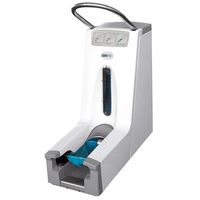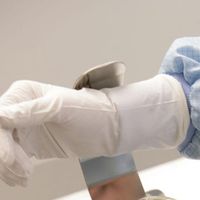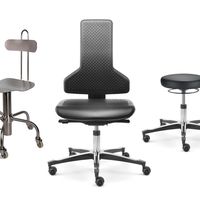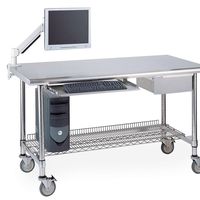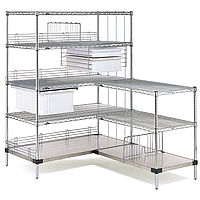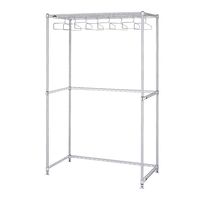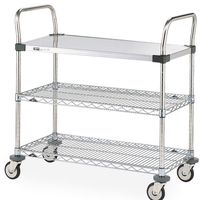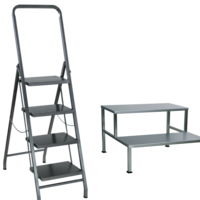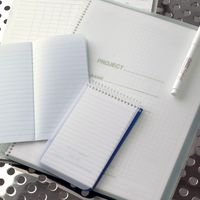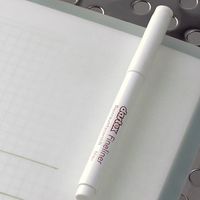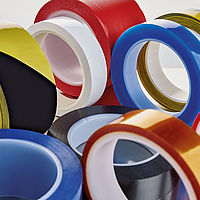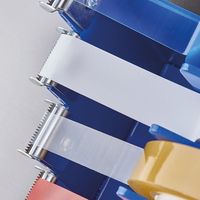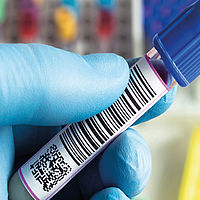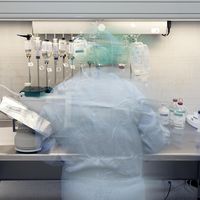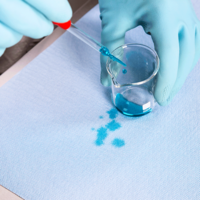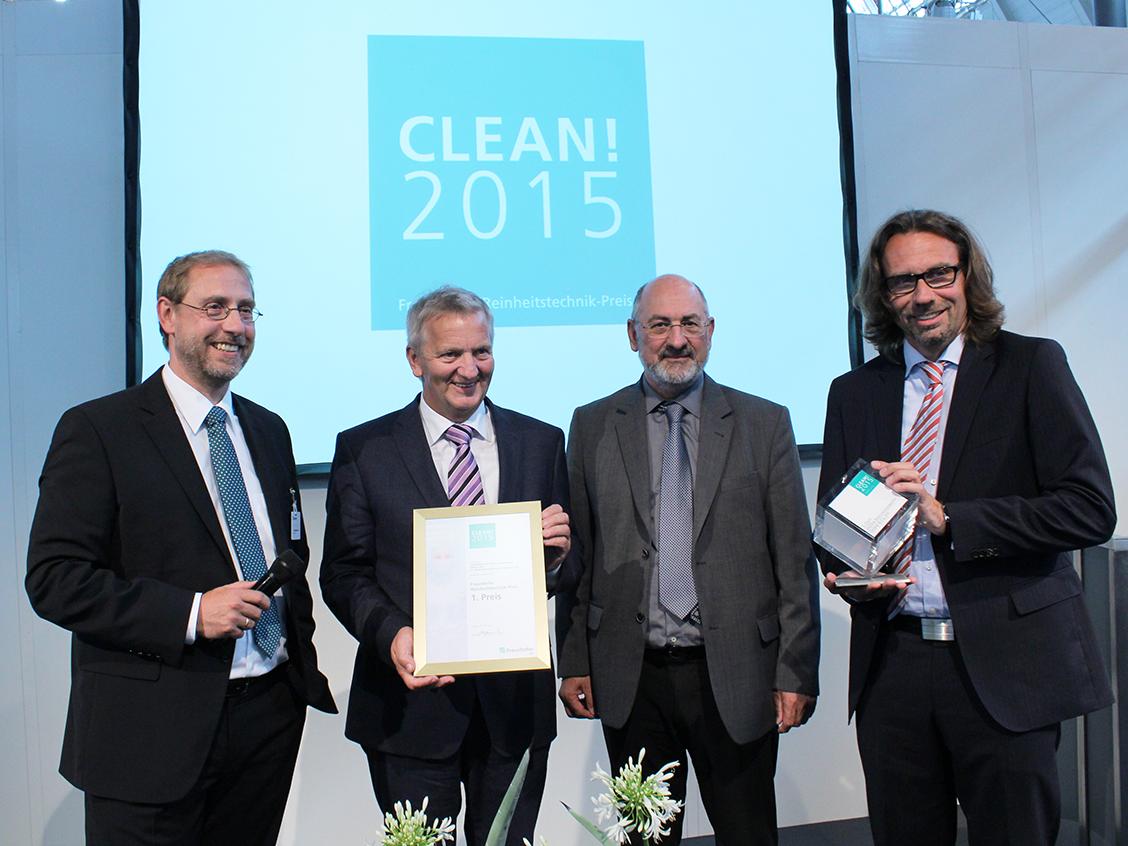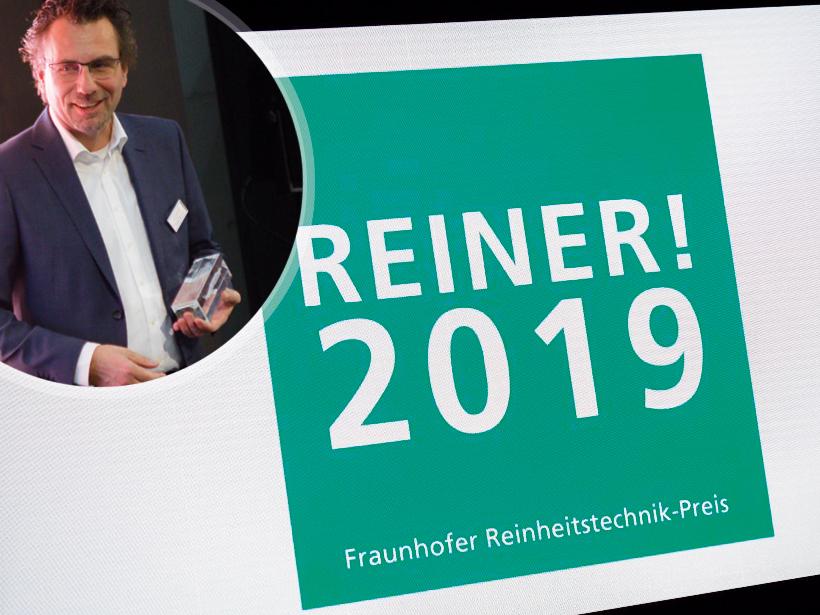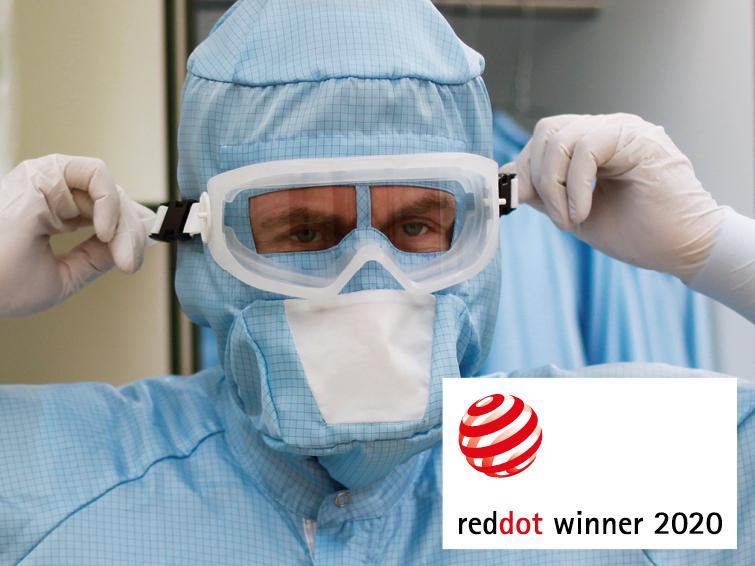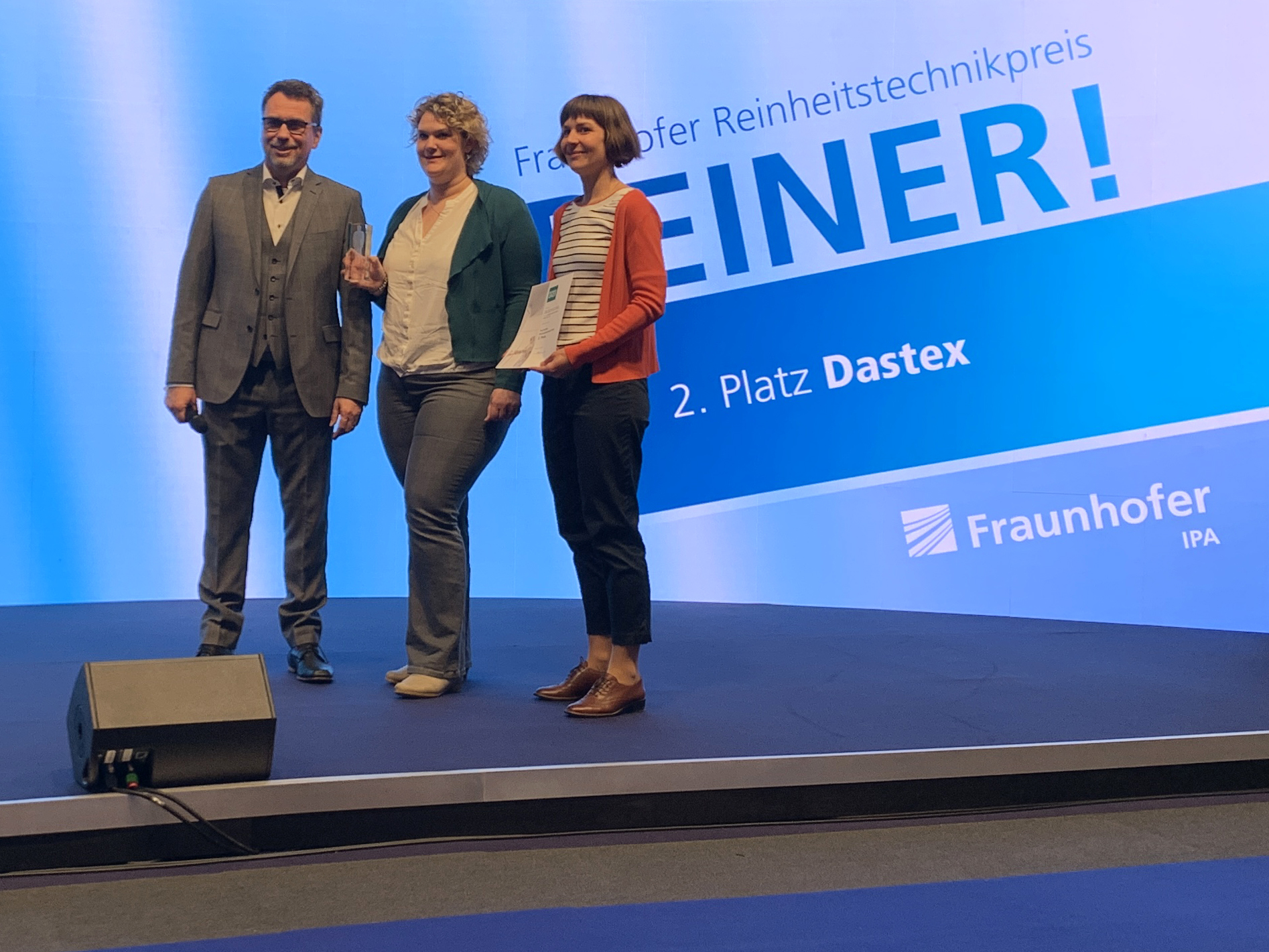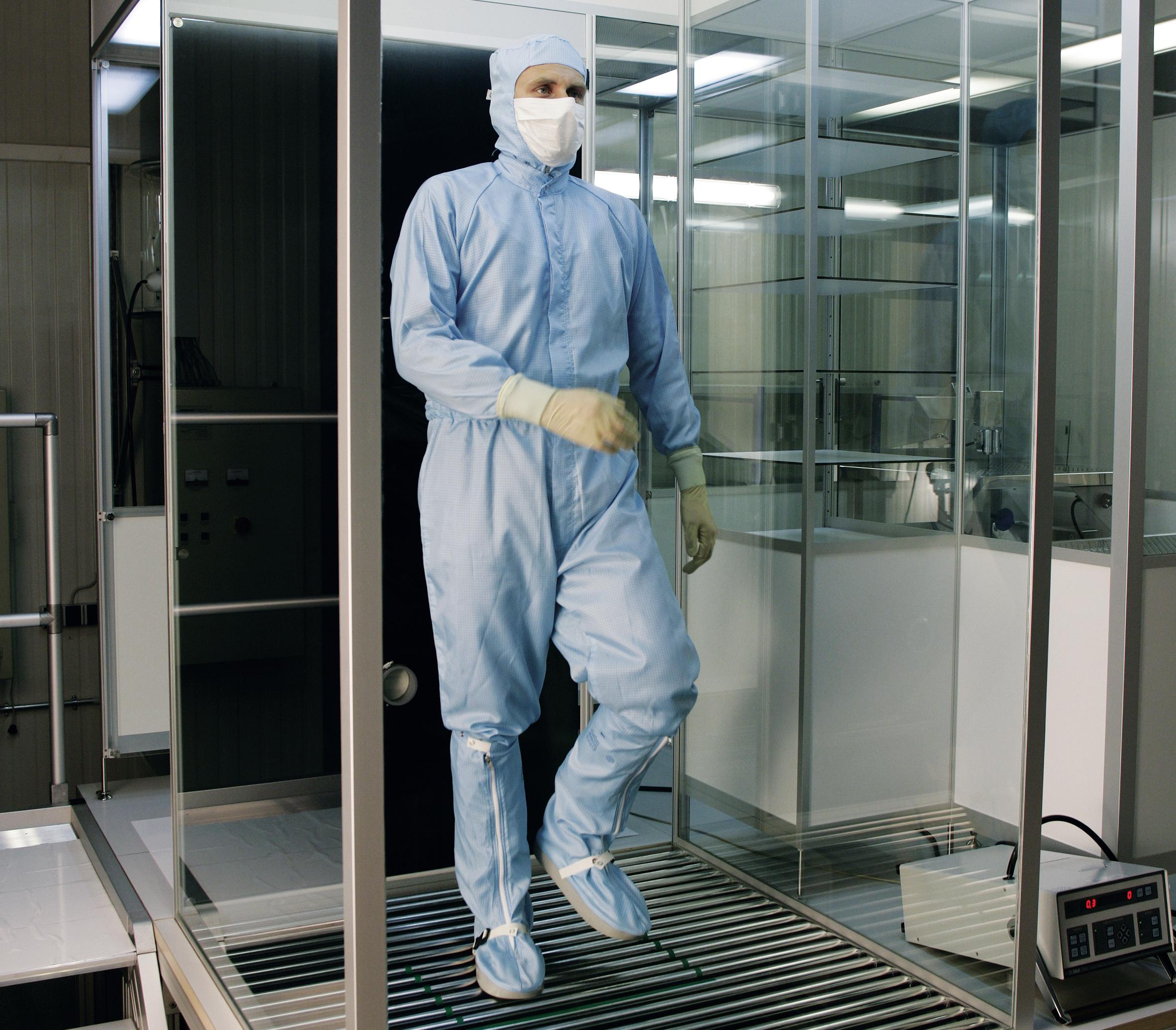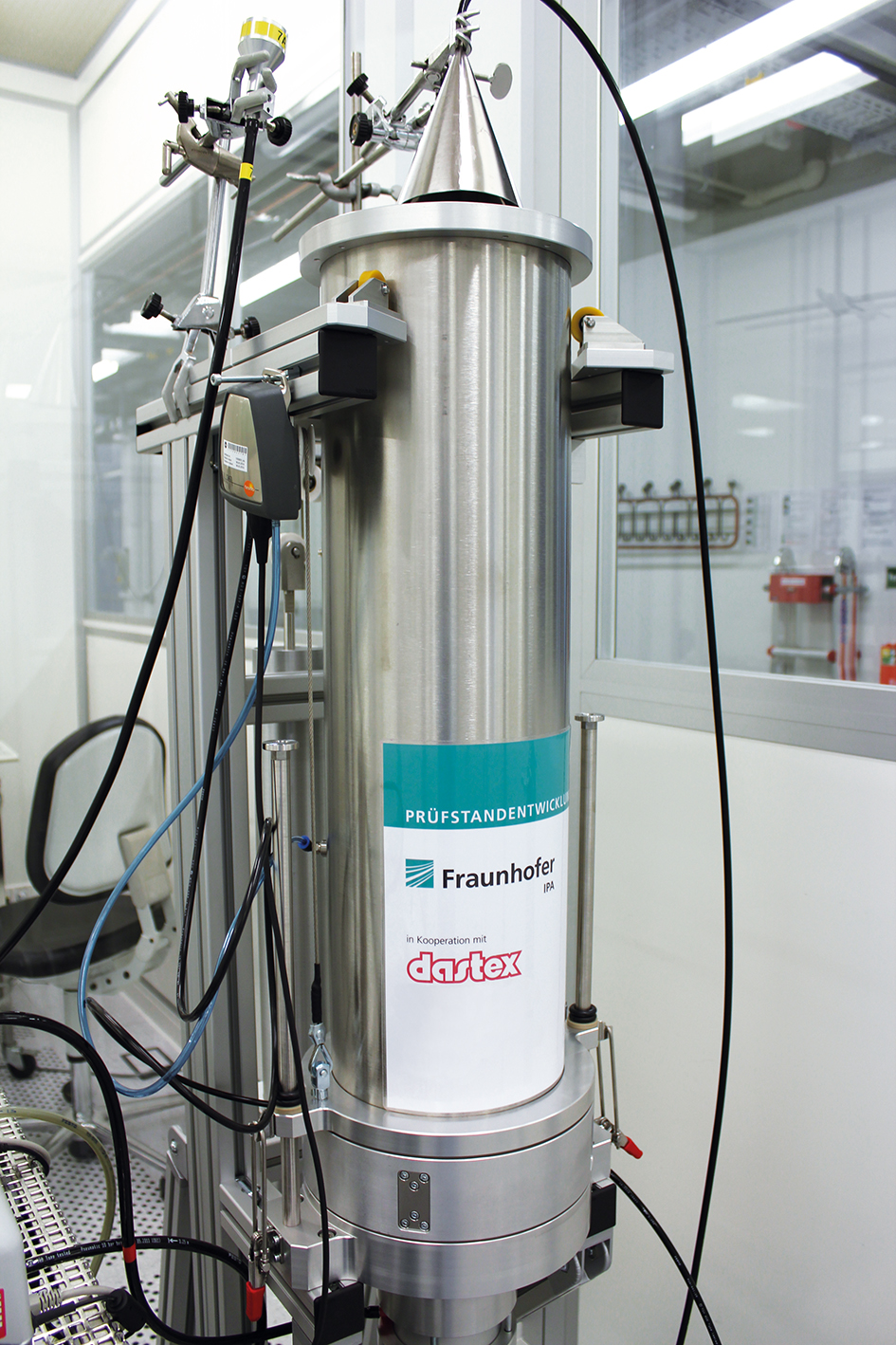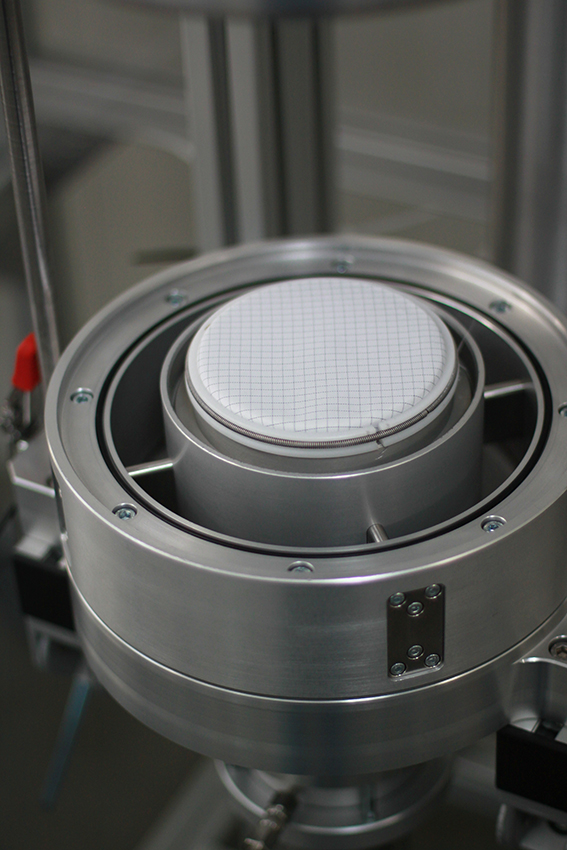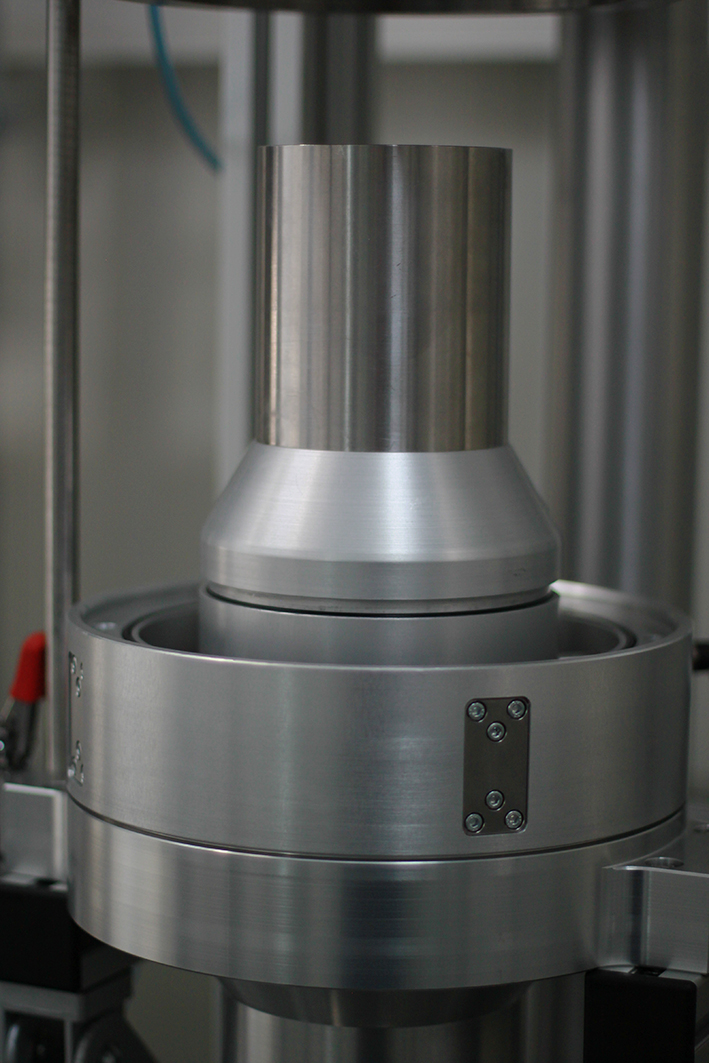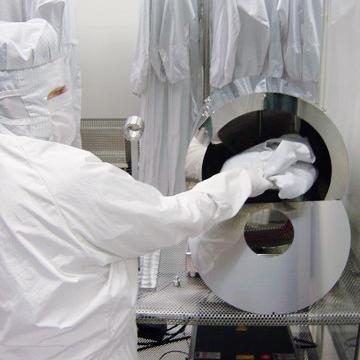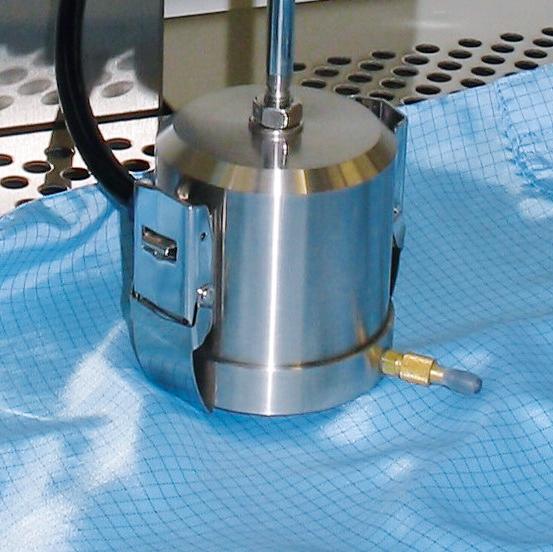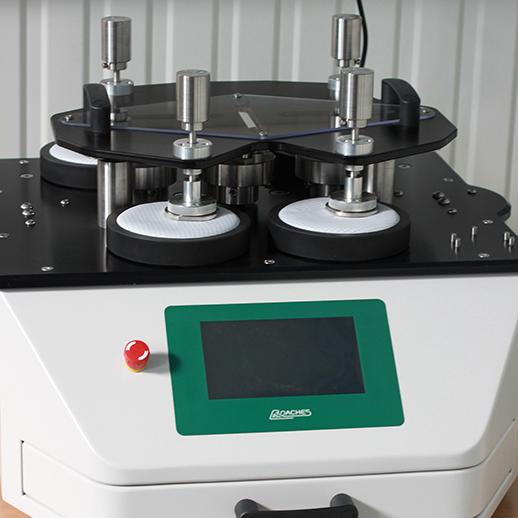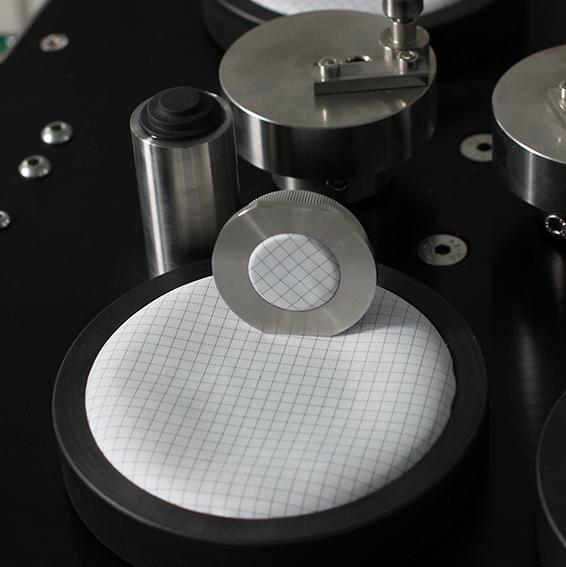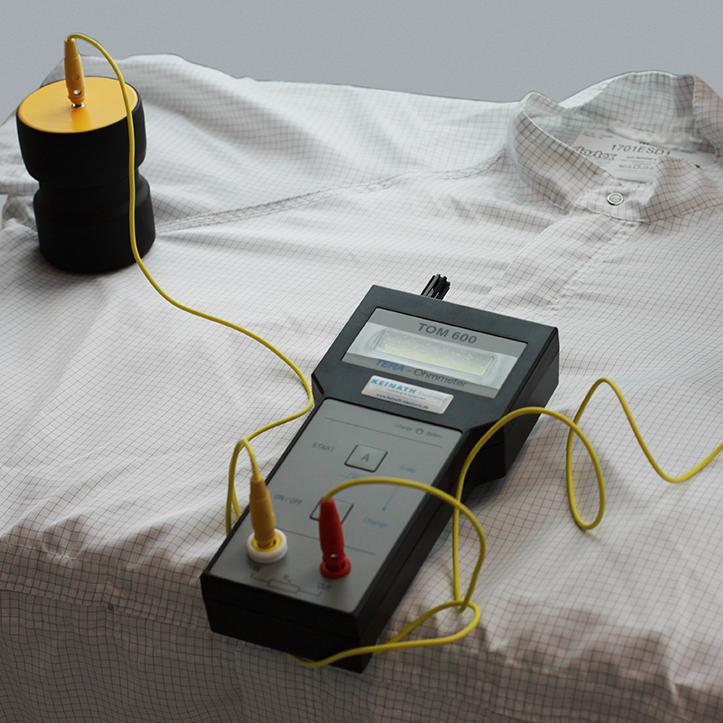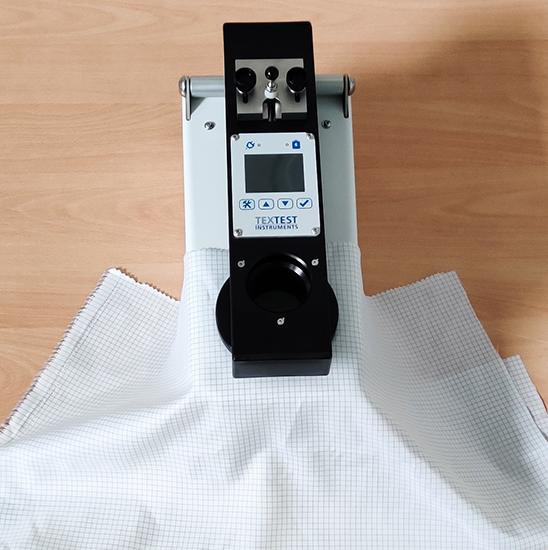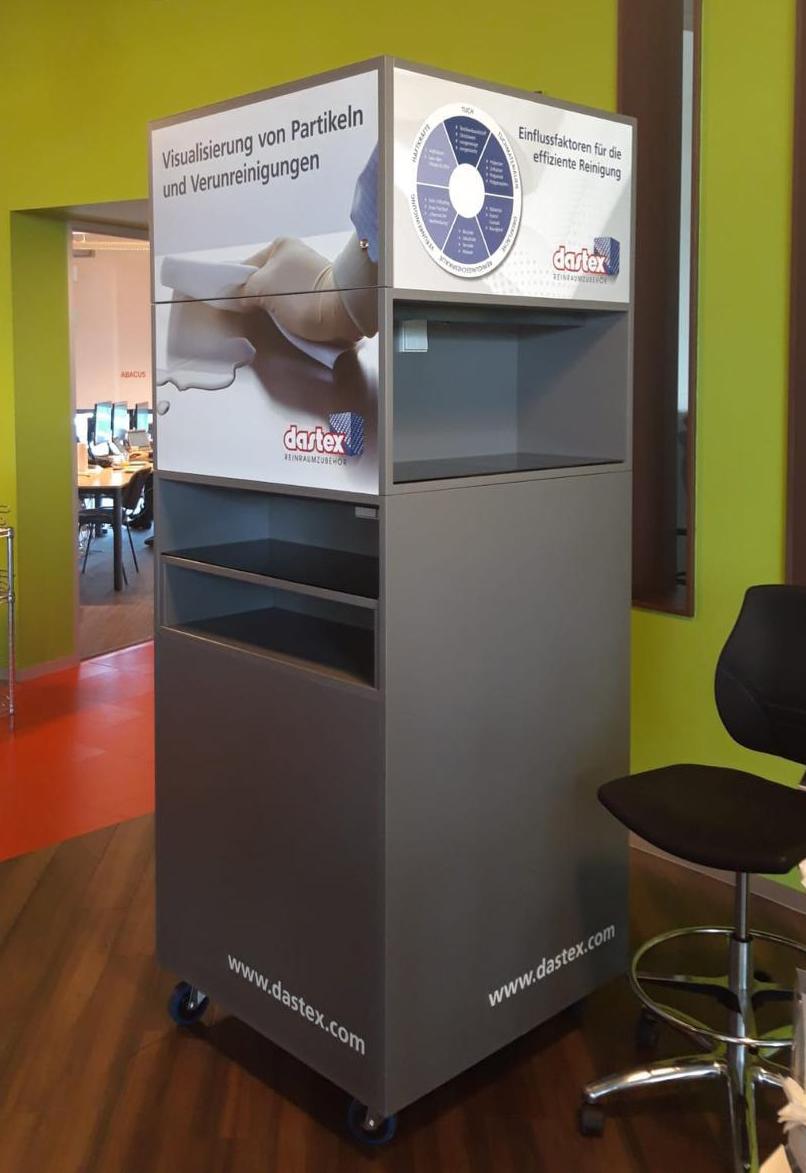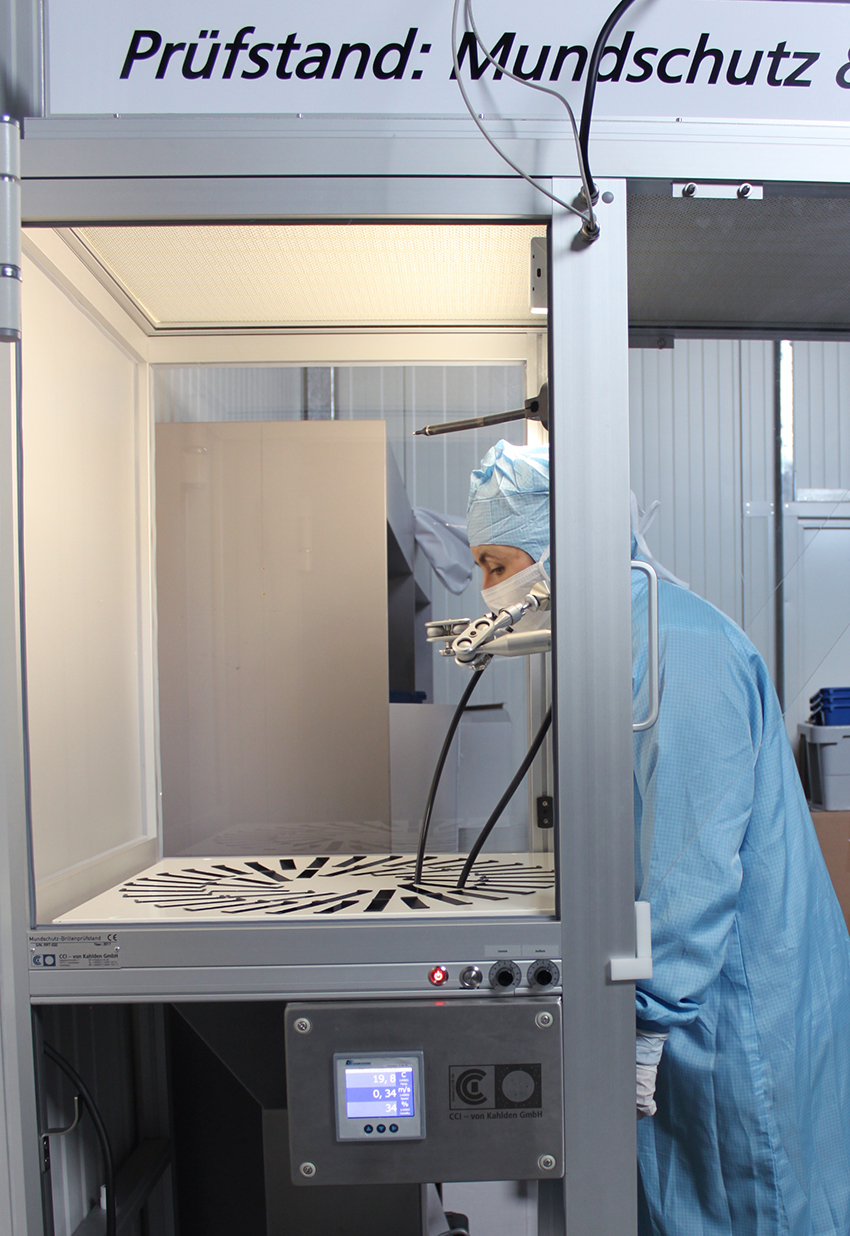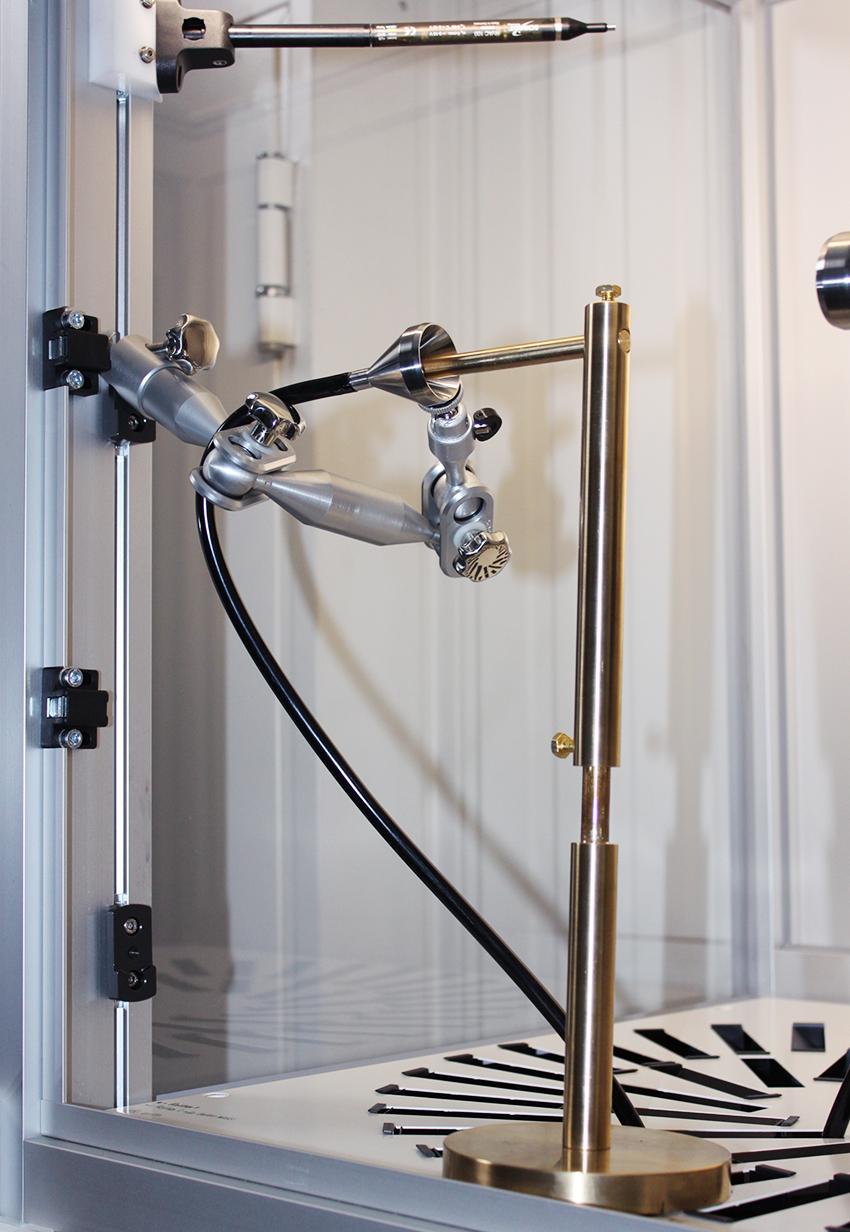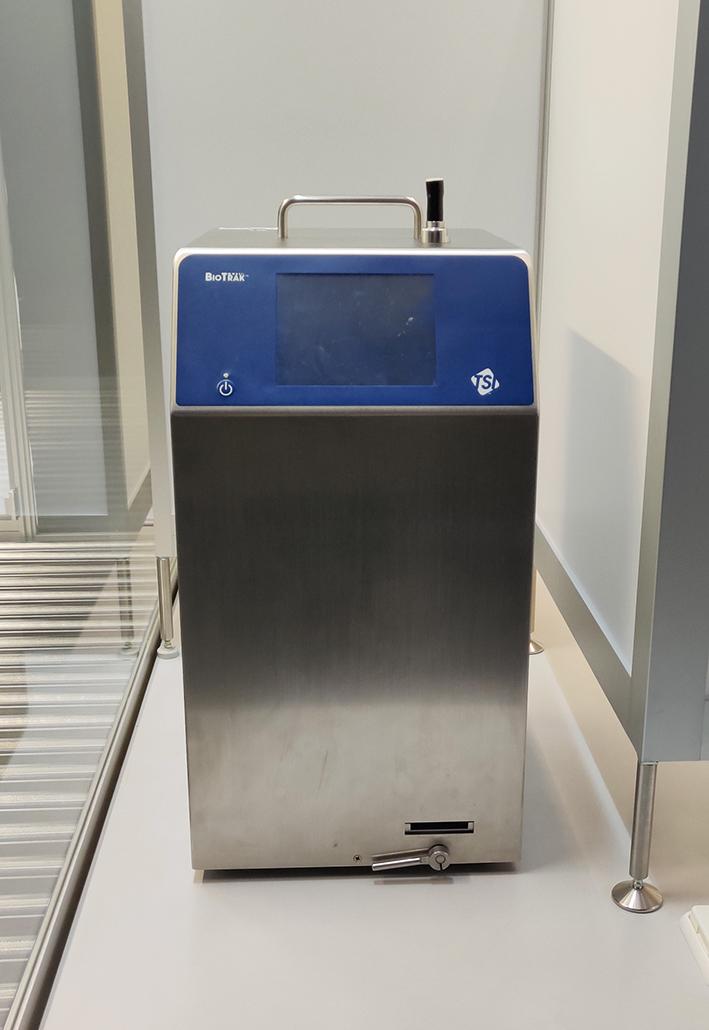For further information on study results and our test benches, please do not hesitate to contact us in a personal conversation!
The main focus of our own R&D activities is traditionally in the field of cleanroom garments
The Body-Box (a test cabin according to IEST-RP-CC003.4) is at the centre of this project, with the help of which complete garment systems can be tested under practical conditions.
Dastex is currently the only operator in the world that, in addition to the measurement of airborne particles, can also quantitatively detect airborne microbiological contamination online.
Numerous studies have already been published.
All published Dastex studies can be found in our download area.
A further special feature will be the filter test bench for cleanroom textiles
Based on a joint development with the Fraunhofer Institute IPA (Stuttgart), the test bench is being further optimised.
In addition to testing the filtration efficiency and thus the cleanroom suitability of possible textiles, the new test bench will also support the quality controls of the cleanroom textiles used by Dastex.
The Dastex R&D department also has a variety of other testing equipment dealing with cleanroom garments
Determination of residual contamination
- Helmke Drum
- Measuring table according to ASTM F51 (quick measurement/suction through method)
Textile measurements
- Air permeability measuring device for textile fabrics (for measuring signs of ageing and indirectly for determining basic statements on filtration efficiency)
- Martindale abrader (for testing the abrasion resistance of textiles and surveys of ageing phenomena)
- Measuring instrument for determining the maximum tensile strength of textile fabrics - in planning - (for testing the tensile strength of textiles and for examinations of ageing phenomena)
Electrostatic measurements
- Measuring instrument for determining the surface resistance (for testing the conductivity of textile fabrics but also of complete garments)
- Measuring device for recording the electrical charging tendency and discharging speed (for testing the conductivity of textile fabrics but also of complete garments, as well as the ESD properties)
In addition, Dastex is developing a new test method in cooperation with the German Institutes for Textile and Fiber Research Denkendorf (DITF), a foundation under public law, to determine the filtration properties against microbiological contamination in direct contact.
The new test method is intended to provide further insights into how and to what extent germs can "migrate" through a cleanroom textile or a combination of several textiles (keyword: sweat).
R&D activities are not limited solely to cleanroom garments
Some cleanroom consumables are also tested under realistic conditions
After more than a year of development work, a new test bench for wipes was put into service in summer 2021.
The new test bench is based on the standardised Gelbo-Flex process, but has been modified accordingly at various points with regard to the objective (release of particles and fibres under mechanical stress). With the help of the new test bench, Dastex intends to examine and evaluate a wide variety of cleanroom cleaning wipes with regard to their intrinsic particle emission in a dry state, under more practical conditions than were previously available. The test bench is designed in such a way that other products ( respectively their surfaces) can also be tested under similar conditions with regard to particle emission, such as mop covers, gloves (primarily textile gloves), socks, paper types, packaging materials etc.
A further test bench, also for various cleanroom consumables, is already in the planning stage and will deal with the exciting topic of "contamination release when surfaces are touched".
For example, to answer the question of what particles and fibres a cloth releases onto the surface to be cleaned during a wiping cleaning process. Or, what does a glove release in terms of contaminants onto the surface it has just touched?
Dastex is in uncharted waters here, but would like to investigate the above questions further under practical conditions. The new test bench is scheduled for completion in 2021.
This part of our R&D facilities will be complemented by a special visualisation tower.
However, this is primarily for training purposes on the correct use of cleanroom cleaning wipes.
In cooperation with the company CCI von Kahlden GmbH, a test bench was completed in 2018, which can be used to carry out tests on cleanroom goggles and face masks.
Within the scope of a bachelor's thesis, first pilot series were carried out on this test bench in 2019. Different disposable protective face masks were compared with each other with regard to their filtration efficiency, taking into account the respective fit. It resulted from them a number of optimisation approaches that are currently still in the implementation phase.






